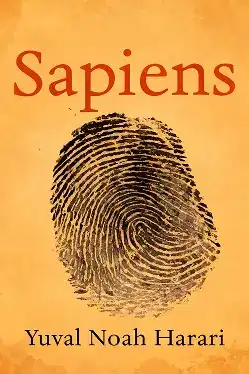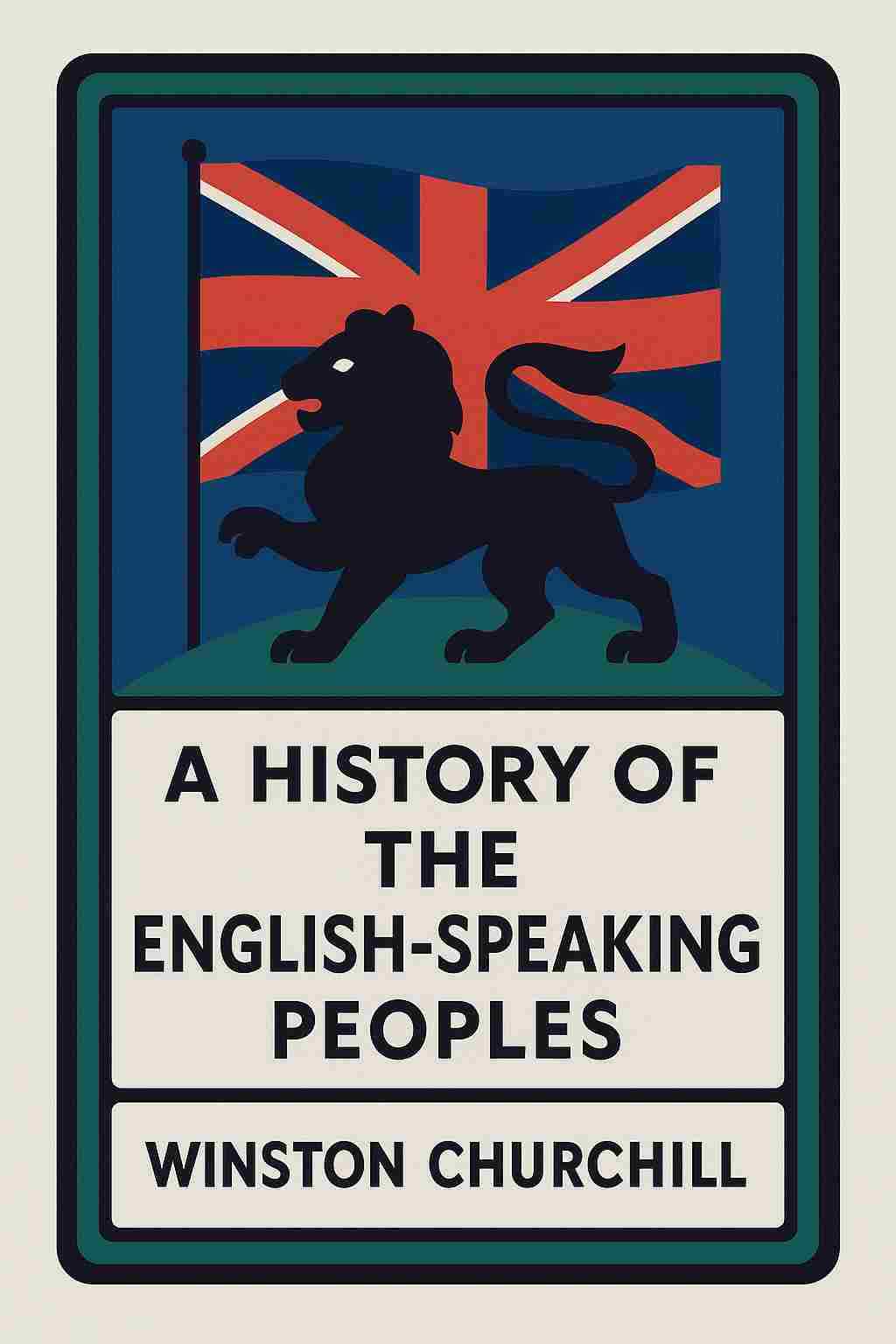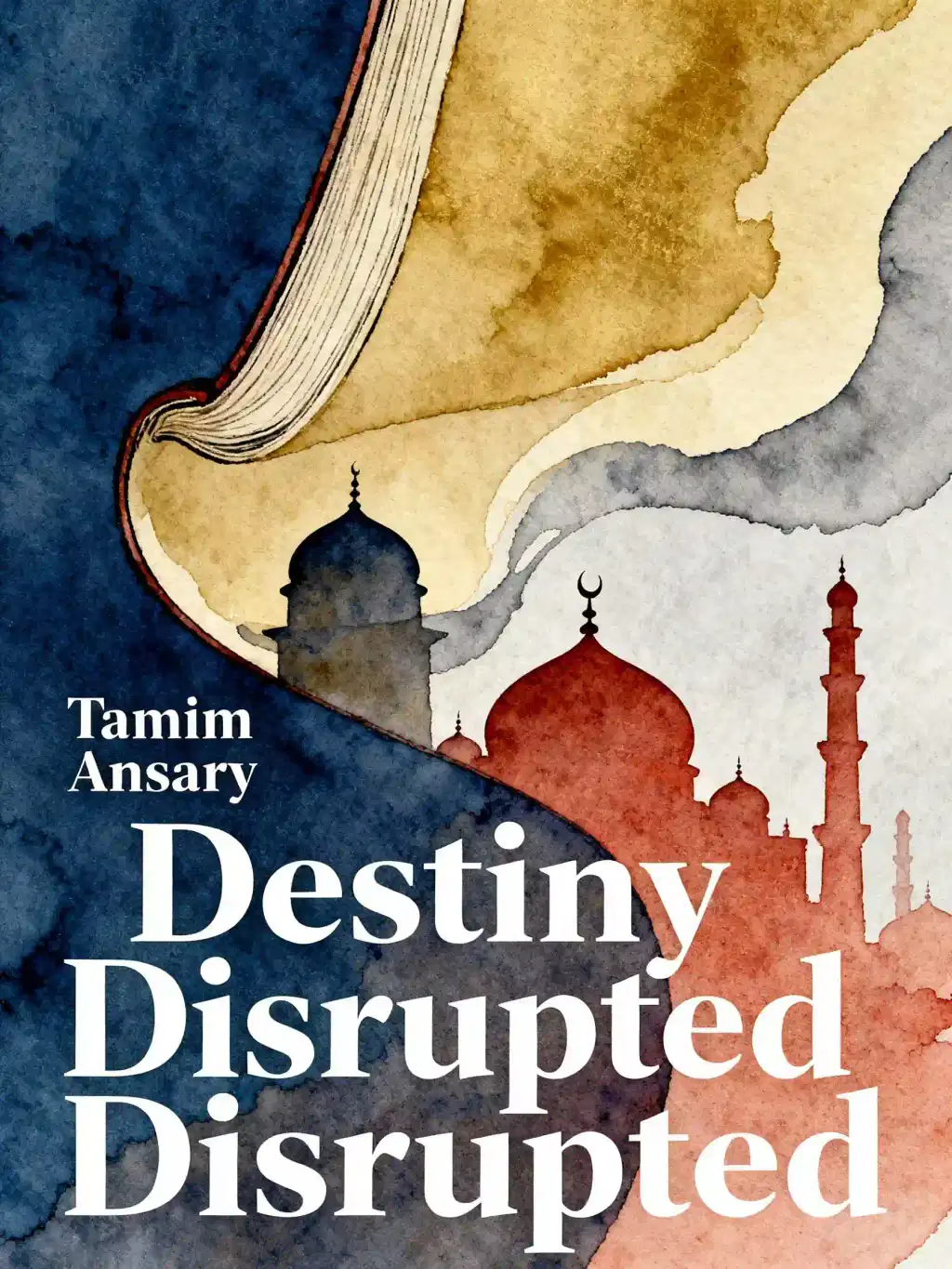
Overview of 7 Tipping Points That Saved the World
Seven pivotal moments that preserved freedom in a world where tyranny was the norm. Endorsed by Glenn Beck, "7 Tipping Points" reveals how the Battle of Britain and Constantine's conversion shaped democracy's survival. What historical turning point are we living through right now?
Similar books to 7 Tipping Points That Saved the World
Feel the book through the author's voice
Turn knowledge into engaging, example-rich insights
Capture key ideas in a flash for fast learning
Enjoy the book in a fun and engaging way
Quick Summary Mode - Read or listen to 7 Tipping Points That Saved the World Summary in 9 Minutes
Break down key ideas from 7 Tipping Points That Saved the World into bite-sized takeaways to understand how innovative teams create, collaborate, and grow.
Flash Card Mode - Top 11 Insights from 7 Tipping Points That Saved the World in a Nutshell
Distill 7 Tipping Points That Saved the World into rapid-fire memory cues that highlight key principles of candor, teamwork, and creative resilience.

Fun Mode - 7 Tipping Points That Saved the World Lessons Told Through 24-Min Stories
Experience 7 Tipping Points That Saved the World through vivid storytelling that turns innovation lessons into moments you'll remember and apply.
Personalize Mode - Read or listen to 7 Tipping Points That Saved the World Summary in 0 Minutes
Ask anything, pick the voice, and co-create insights that truly resonate with you.

From Columbia University alumni built in San Francisco
"Instead of endless scrolling, I just hit play on BeFreed. It saves me so much time."
"I never knew where to start with nonfiction—BeFreed’s book lists turned into podcasts gave me a clear path."
"Perfect balance between learning and entertainment. Finished ‘Thinking, Fast and Slow’ on my commute this week."
"Crazy how much I learned while walking the dog. BeFreed = small habits → big gains."
"Reading used to feel like a chore. Now it’s just part of my lifestyle."
"Feels effortless compared to reading. I’ve finished 6 books this month already."
"BeFreed turned my guilty doomscrolling into something that feels productive and inspiring."
"BeFreed turned my commute into learning time. 20-min podcasts are perfect for finishing books I never had time for."
"BeFreed replaced my podcast queue. Imagine Spotify for books — that’s it. 🙌"
"It is great for me to learn something from the book without reading it."
"The themed book list podcasts help me connect ideas across authors—like a guided audio journey."
"Makes me feel smarter every time before going to work"
From Columbia University alumni built in San Francisco

Get the 7 Tipping Points That Saved the World summary as a free PDF or EPUB. Print it or read offline anytime.


















